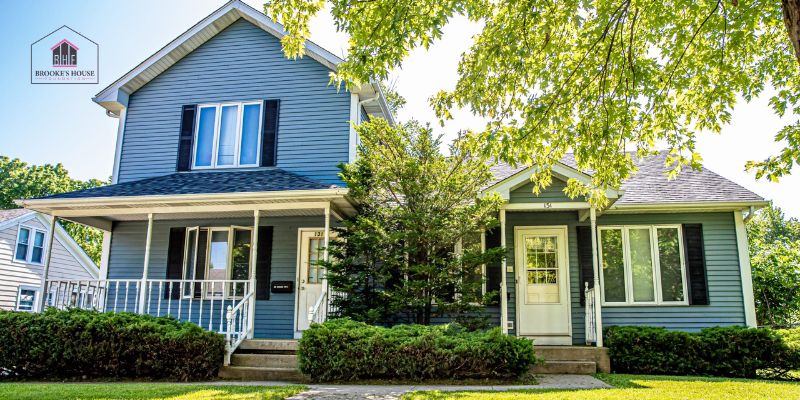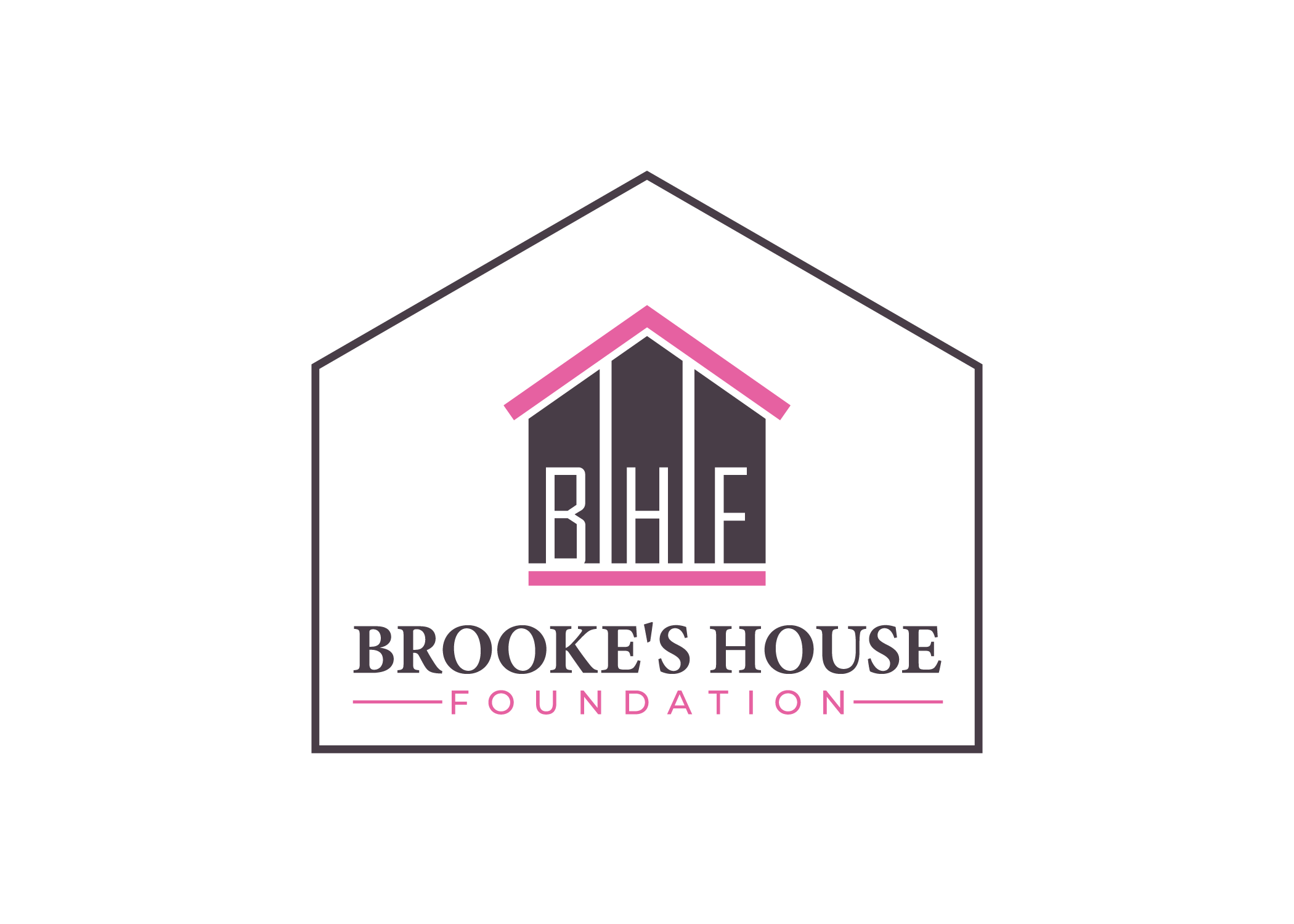
Recovery from substance abuse is a challenging journey that requires support and stability. One crucial aspect of recovery is having a safe and stable living environment. Unfortunately, individuals in recovery often face unique challenges in finding suitable housing due to financial instability, a lack of social support, and stigmatization. In this article, we will explore various housing solutions that can provide individuals in recovery with the support needed to sustain their recovery and rebuild their lives.
Housing Solutions for Substance Abuse Recovery Patients

1. Sober Living Homes
Sober living homes, also known as halfway houses, offer a supportive living environment for individuals in recovery. These homes serve as a transitional step between rehabilitation programs and independent living. One of the primary advantages of sober living homes is the peer support they provide. Residents share a common goal of maintaining sobriety, which creates a supportive community and a sense of belonging.
Sober living homes typically have house managers or staff members who enforce house rules, conduct regular drug testing, and provide guidance and support. Residents are expected to contribute to the house’s upkeep, attend support group meetings, and actively participate in their recovery. Living in a sober home allows individuals to practice essential life skills, build a strong support network, and reintegrate into society at a pace that suits their needs.
2. Supportive Housing Programs
Supportive housing programs combine affordable housing with comprehensive supportive services tailored to individuals in recovery. These programs address not only the housing needs but also the holistic well-being of the residents. Supportive services may include counseling, case management, employment assistance, life skills training, and access to healthcare.
The primary goal of supportive housing programs is to provide a stable and nurturing environment that promotes recovery and personal growth. These programs often involve collaboration with community organizations and treatment providers to ensure residents receive the necessary support. By addressing housing and the underlying issues related to substance abuse, supportive housing programs help individuals develop the skills and resources needed to maintain sobriety and lead fulfilling lives.
3. Peer-Based Recovery Residences

Peer-based recovery residences, Oxford Houses, or sober homes are another housing solution emphasizing peer support and accountability. These residences are typically self-run, democratically organized, and governed by a set of guidelines established by the residents. Each resident has responsibilities, such as paying rent, participating in house chores, and attending recovery meetings.
Peer-based recovery residences provide a unique sense of camaraderie and shared responsibility among residents. They offer a safe and drug-free environment where individuals can learn from their experiences, support each other’s recovery journeys, and develop healthy social connections. These residences often have a house manager who ensures the smooth functioning of the house and facilitates communication and conflict resolution among residents.
4. Traditional Housing Programs
Transitional housing programs are designed to provide a temporary residence for individuals in recovery who are ready to transition back into independent living but still require additional support. These programs offer a structured environment that helps individuals bridge the gap between treatment and complete independence. Residents are provided a stable living space and access to support services, including counseling, vocational training, and assistance finding employment and permanent housing.
The duration of stay in transitional housing programs varies based on individual needs, typically ranging from a few months to a year. During this time, residents can focus on rebuilding their lives, developing essential life skills, and establishing a foundation for long-term recovery. Transitional housing programs often collaborate with community resources and treatment providers to ensure a comprehensive approach to supporting residents’ needs.
5. Housing Vouchers and Rental Assistance
Another housing solution for individuals in recovery from substance abuse involves housing vouchers and rental assistance programs. These initiatives aim to provide financial support to individuals struggling to secure stable housing due to financial constraints. Housing vouchers, such as the Section 8 program in the United States, offer subsidies to eligible individuals, allowing them to afford safe and suitable housing in the private rental market.
Rental assistance programs, often administered by local governments or non-profit organizations, provide financial support directly to landlords on behalf of eligible individuals.
These programs help bridge the gap between income and housing costs, making it more feasible for individuals in recovery to secure stable housing. By alleviating financial burdens, housing vouchers and rental assistance programs contribute to individuals’ overall stability and well-being in recovery.
6. Peer Support and Recovery Communities
Peer support and recovery communities are crucial in providing housing solutions for individuals in recovery from substance abuse. These communities offer a supportive network of individuals who have experienced similar challenges and understand the complexities of recovery.
Peer support can be facilitated through various avenues, including recovery support groups, 12-step programs, and sober social activities. These interactions allow individuals to connect, share experiences, and receive guidance and encouragement from others who have successfully maintained sobriety.
Incorporating peer support within housing solutions creates an environment where individuals in recovery feel understood, accepted, and empowered. The sense of community and camaraderie helps combat isolation and loneliness, common triggers for relapse. Peer support networks can offer ongoing encouragement and accountability, acting as a safety net during challenging times and celebrating milestones in the recovery journey.
Wraparound Supportive Services
In addition to the specific housing solutions mentioned above, it is crucial to highlight the importance of wraparound supportive services for individuals in recovery from substance abuse. While stable housing is vital, it is equally essential to address other needs that individuals may have during their recovery journey.
Wraparound supportive services encompass a wide range of assistance, including access to healthcare, mental health services, substance abuse treatment, vocational training, educational opportunities, and life skills development. These services are typically provided in collaboration with community organizations, treatment providers, and government agencies to ensure a comprehensive and holistic approach to recovery.
By combining housing solutions with wraparound supportive services, individuals in recovery receive the necessary tools, resources, and guidance to address the underlying issues contributing to substance abuse. These services support their sobriety and help them rebuild their lives, regain self-sufficiency, and foster a sense of purpose and belonging.
Conclusion
Housing assistance for individuals in recovery from substance abuse, such as sober living homes, supportive housing programs, peer-based recovery residences, transitional housing programs, and housing vouchers or rental assistance, along with wraparound supportive services and peer support, plays a vital role in promoting long-term recovery and a healthy, fulfilling life free from substance abuse.
